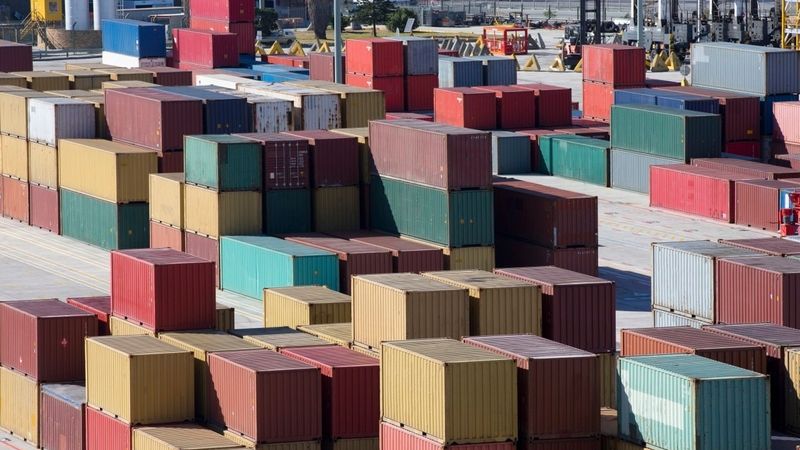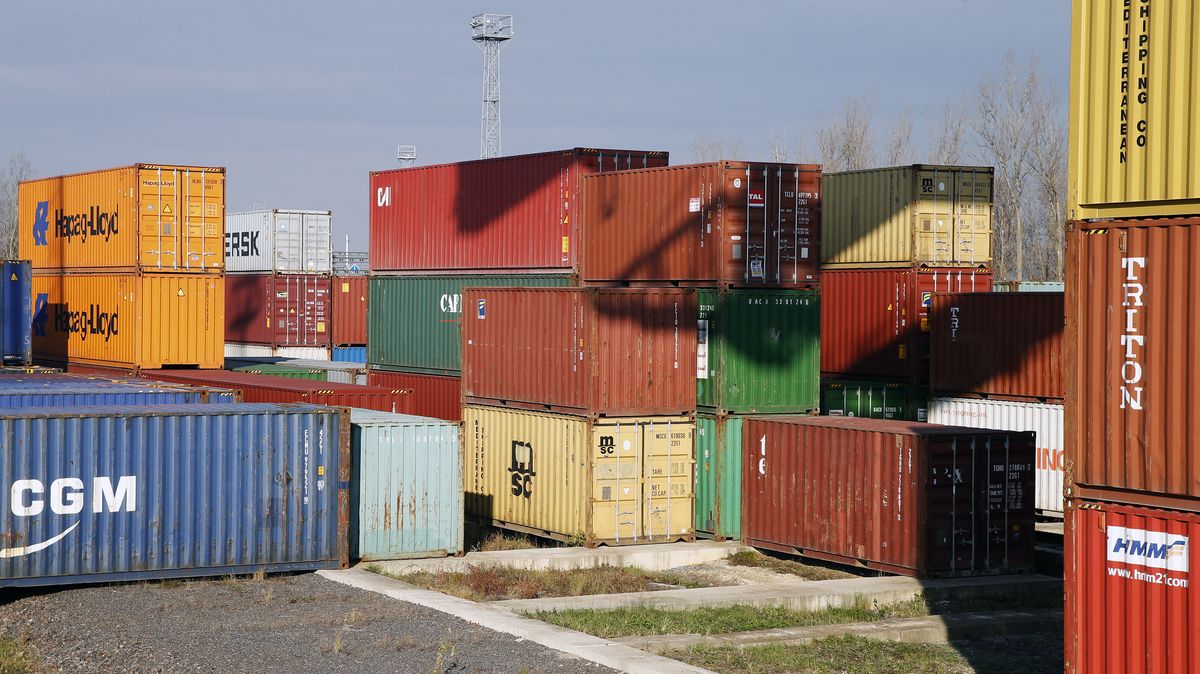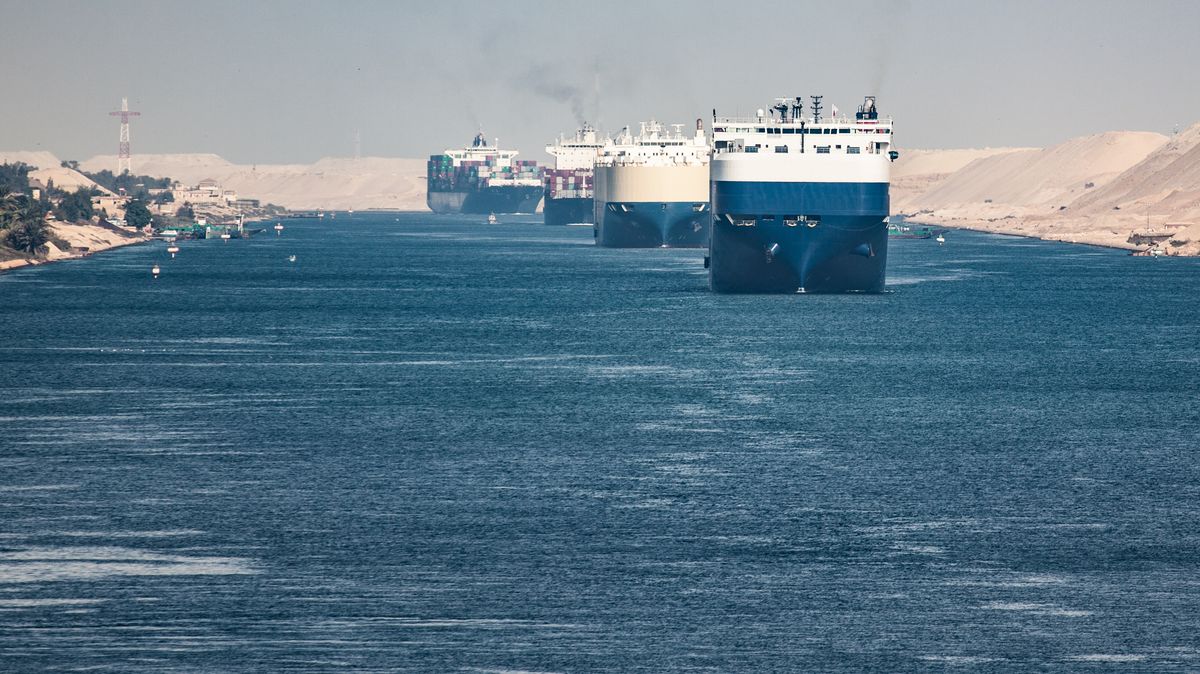According to the Financial Times (FT), this data has sparked debate about whether the globalization process has reached its peak.
Although trade recovered in June and recorded growth of two percent, analysts cautioned that monthly data is unstable and a better picture of trade developments is provided by data over a longer period.
“The first six months of 2015 were terrible,” World Trade Organization (WTO) chief economist Robert Koopman told the FT. The WTO estimates global trade will grow by 3.3 percent this year, but given developments so far, it is expected to issue updated estimates in the coming weeks. Koopman said this year's decline was mainly due to delays in the recovery process in Europe and slowing economic growth in China.
Global structural change
Koopman points out that there are significant differences between individual countries. Strong growth in some countries was able to offset weak growth in other countries. It's also clear, he said, that structural changes are taking place in the global economy, which Koopman said means global trade will likely remain weak for some time to come.
China's efforts to transform its economy so it relies less on exports and more on domestic consumption has a structural impact on global trade, Koopman added. Changes are also occurring in the United States, which has become an energy exporter. However, this also has an impact on the attitude of producers who decide to shorten supply chains and move production closer to home.
“Change is taking place in the global economy, and this is most visible in trade,” Koopman added. Even though trade is slowing and mirroring developments in gross domestic product (GDP), according to Koopman, trade remains a stable part of the global economy. Exports of goods account for about a third of world GDP.

“Tv nerd. Passionate food specialist. Travel practitioner. Web guru. Hardcore zombieaholic. Unapologetic music fanatic.”







